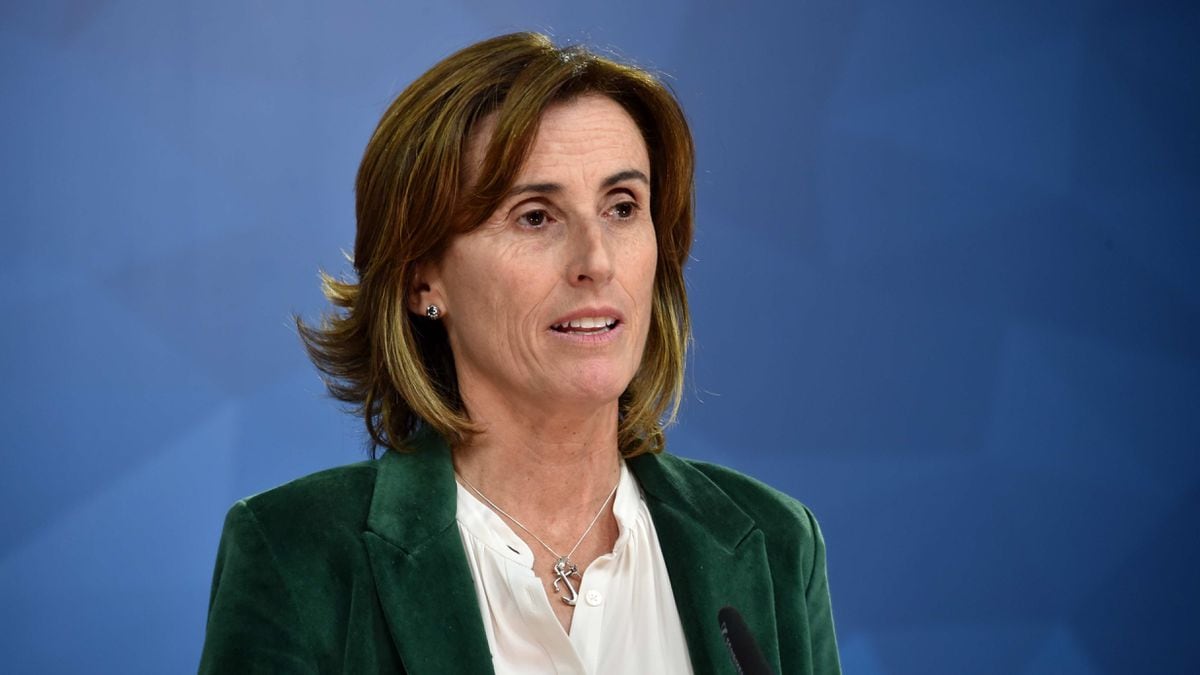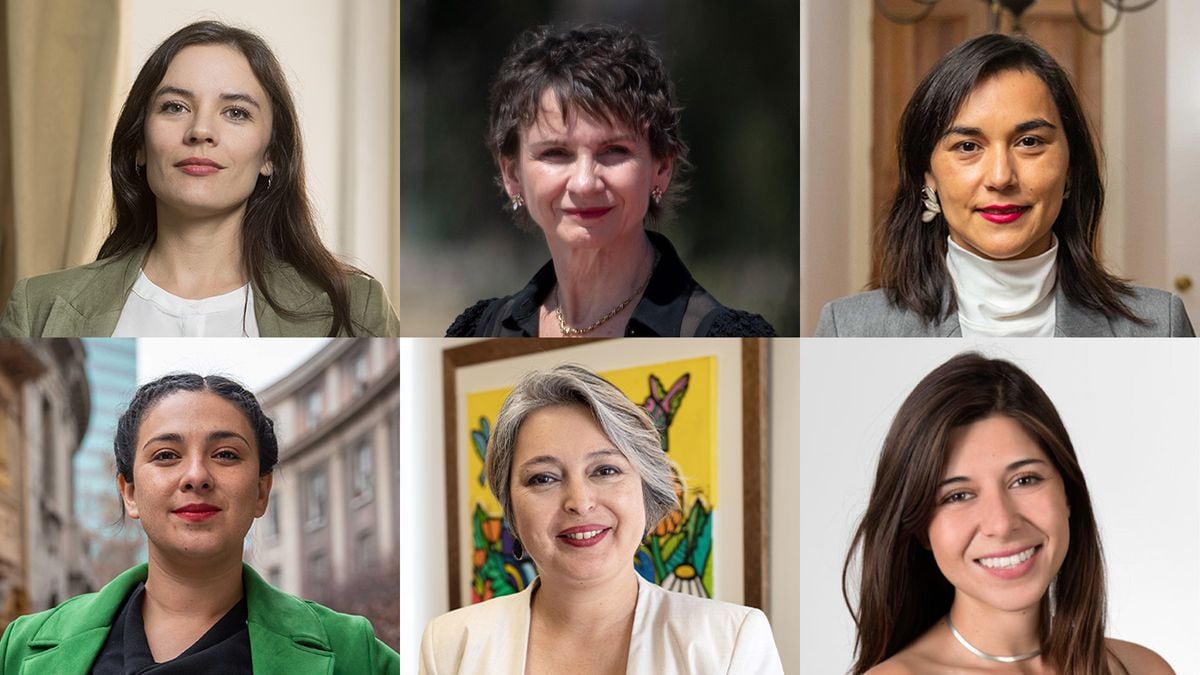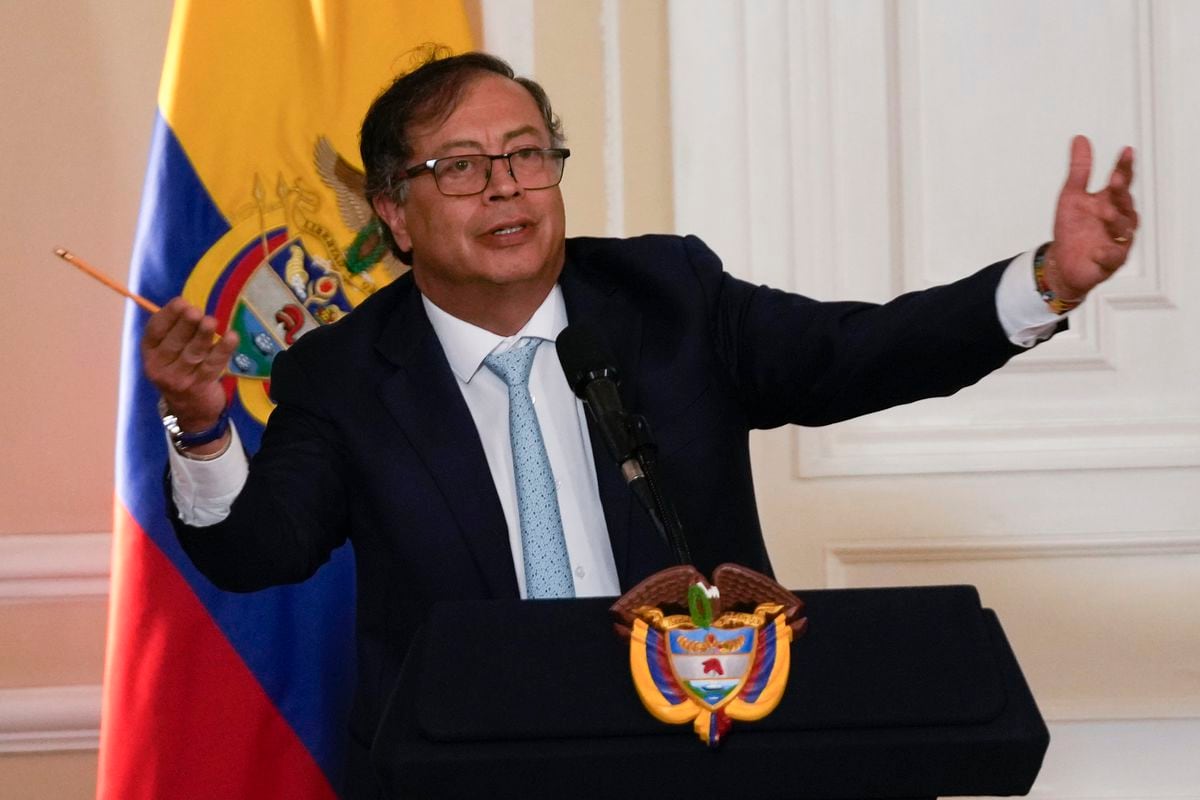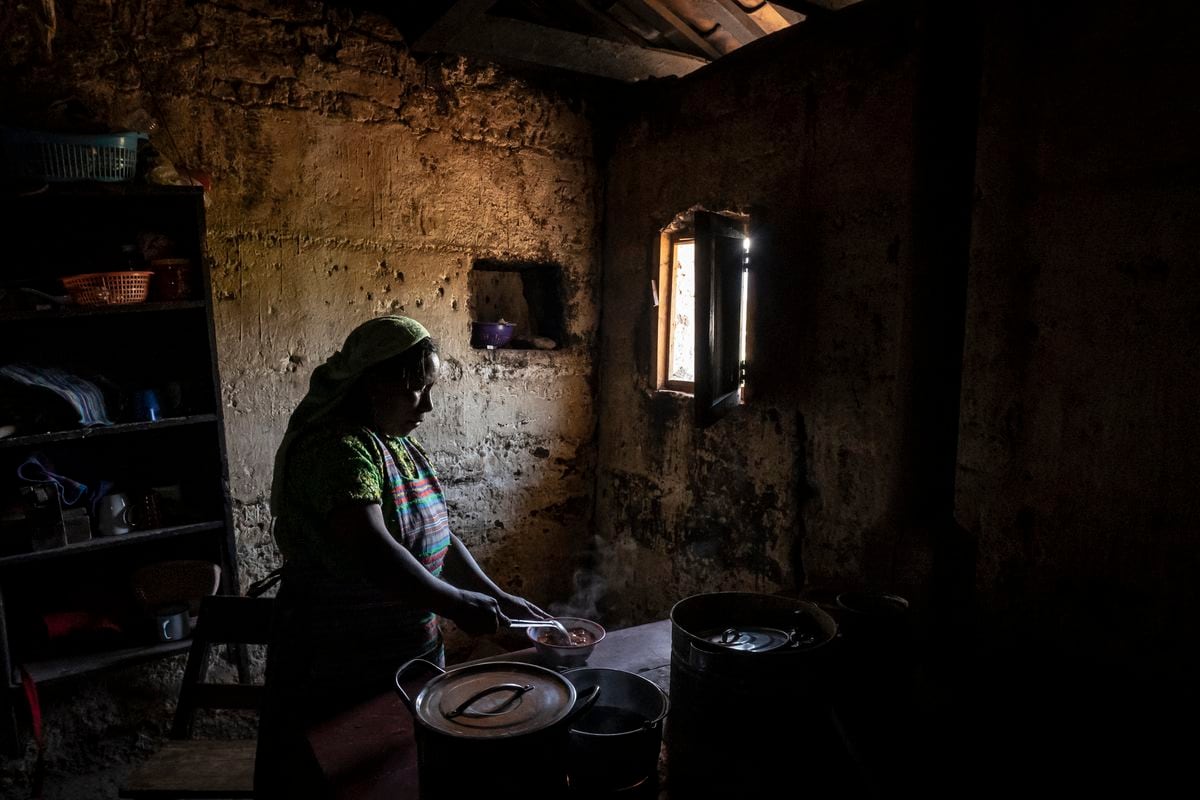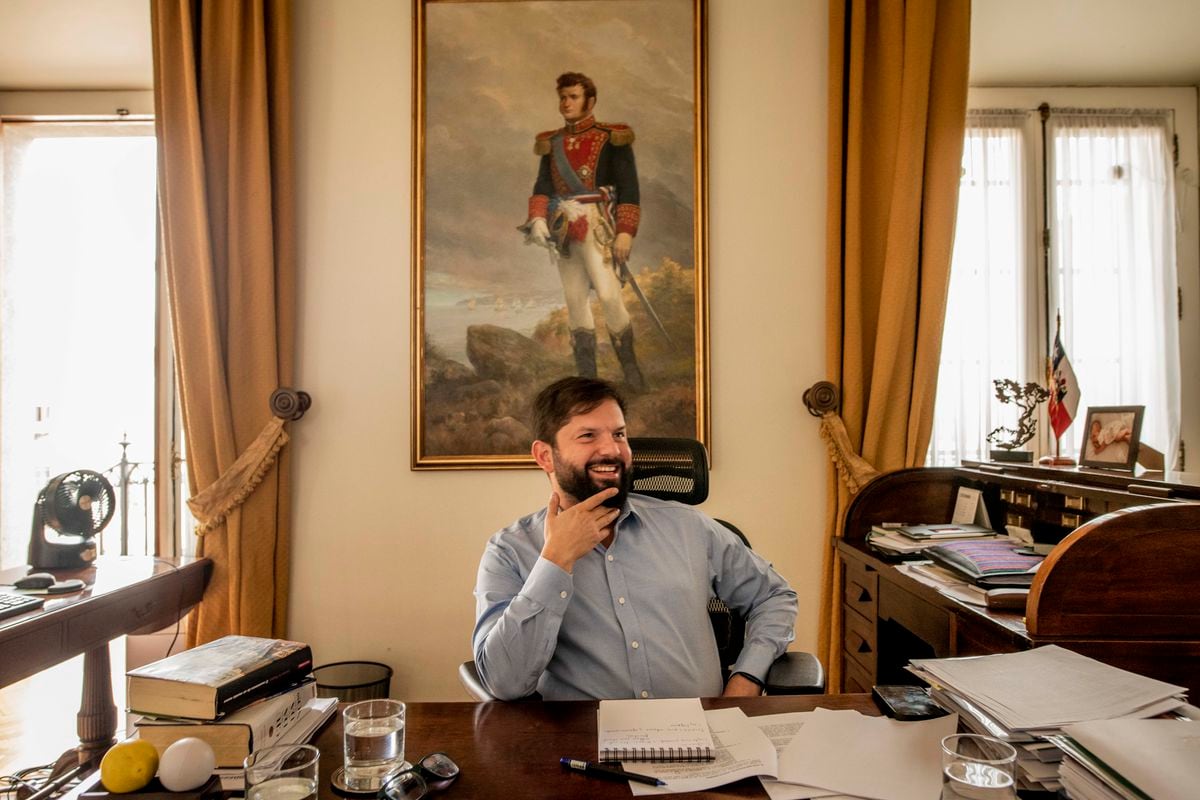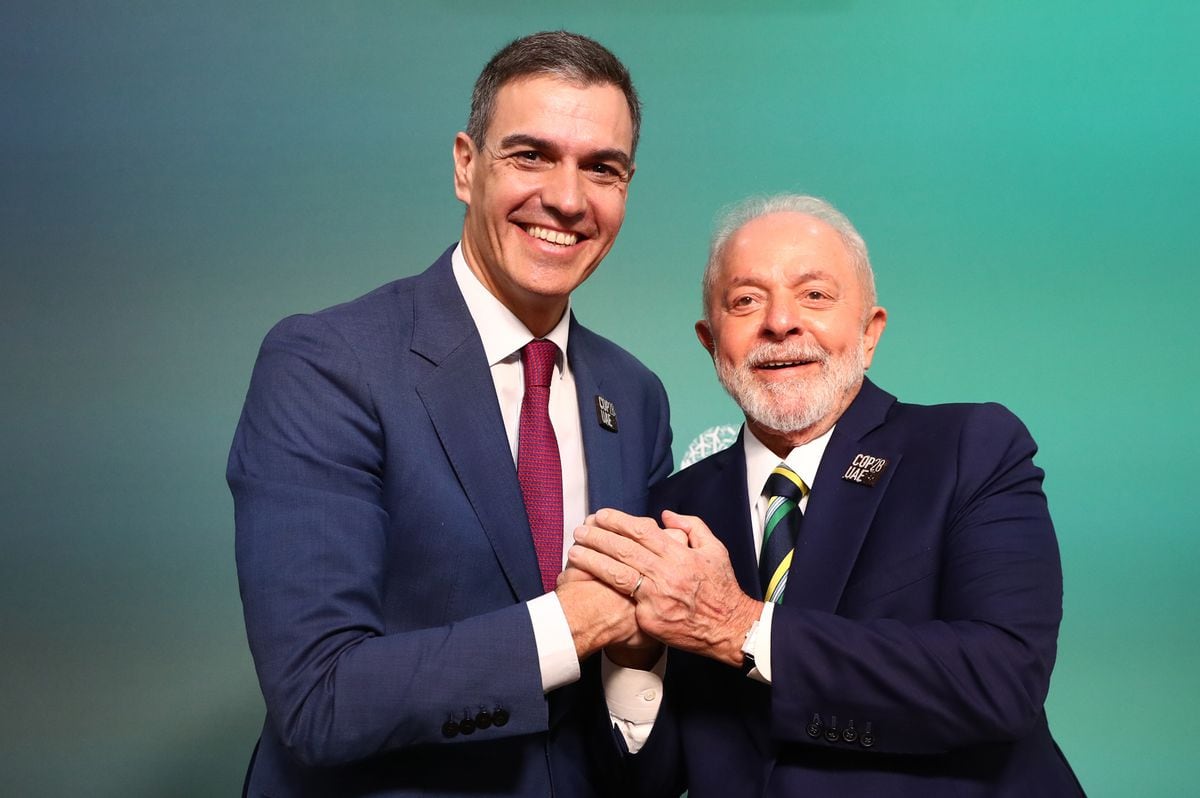This Tuesday, October 18, marks the third anniversary of the social outbreak in Chile.
The anniversary finds the country with an open and heated debate about its causes and consequences.
There is no single interpretation of the events that turned his politics around and paved the way for a constitutional process and a period of uncertainty, such as had not been seen since the return of democracy in 1990.
"Three years after the social outbreak of 2019, two conclusions seem to be transversal: we still have a lot to understand and we are worse off than three years ago," says María José Naudon, a lawyer and political analyst, just weeks after the proposal for the new Constitution was rejected by 62%.
"Today, a certain temporal distance and the failure of the constituent process allow a more rational observation of the phenomenon and, above all, isolated from reactionary romanticism," adds the academic from the Adolfo Ibáñez University (UAI).
The media dedicates great specials to analyze what happened just three years ago, when the protests of secondary school students for the rise in the subway ticket fare was just the spark that lit the meadow for unprecedented protests at levels of destruction, including the exemplary metro network of the capital.
There were massive peaceful protests in parallel, such as the one on October 25, 2019, which brought together a million people in Santiago de Chile alone, a city of some eight million inhabitants.
The government of that time, headed by the right of Sebastián Piñera, was against the ropes, as were the institutions themselves and democracy.
When the demonstrations were still at a peak, on the morning of November 15,
A documentary recently released in Chile,
The Brick Effect
, by Carola Fuentes and Rafael Valdeavellano, recounts the impact that 18-0 had on the lives of Chileans, which was deepened by the pandemic.
It tells it through the story of Mariana and Ramiro, a humble teacher and an influential businessman, who was one of the editors of
the economic bible
of the dictatorship, known as
El brick .
, founded on the concepts of the University of Chicago.
The documentary begins with the premise that the riots showed that the Chilean model was crumbling and the need for a new Constitution.
The requests for higher levels of equality and dignity of the popular sectors are repeated throughout the production.
This reading, however, although installed in an important part of society, does not generate any unanimity.
The president of Chile, Gabriel Boric, speaks during a visit to Calama (north) on October 12, 2022. DPA via Europa Press (DPA via Europa Press)
Although there is a broad consensus on the need for transformations, especially related to the expansion of certain social goods such as education, health, pensions, there are questioning voices.
“I do not doubt the good faith of those who initially believed in the mirage of a possibility of social change, on the occasion of the October 2019 coup, planned from the shadows.
But the greed and avidity for more and a better market proved to be more powerful, through the action of both vandals and looters and those who celebrated them, even openly”, reflected the philosopher Lucy Oporto, one of the first intellectual voices in openly criticize the social explosion and the generation of the new left, although he declares himself an Allende supporter.
Author of
The Dogs Are Loose.
Images of post-fascism
, has installed the concepts of
lumpenconsumism
or to refer to "the human type (in formal terms) consolidated during the post-dictatorship", which was the one that took to the streets in 2019 to empty shops, destroy public space, burn the Meter.
Porto speaks of a "cultural and spiritual decadence" of Chile, whose "completion" was on October 18.
“Some saw in these events the possibility of carrying out, continuing or fulfilling a revolutionary process cut short in 1973 [with the coup against Salvador Allende].
And that, apparently, produced a clouding of conscience”, has analyzed the philosopher who lives in Valparaíso, one of the cities most affected by violence.
For the academic Naudon, since the triumph of rejection on September 4, a new paradigm has been installed, "so that the validation of violence and its consequences are no longer justified by the context and it is possible to understand them as an expression of something deeper: a dangerous confusion between authority and authoritarianism”.
The lawyer says that “fleeing from authority (which
per se
would be authoritarian) she renounces exercising it and encourages revolt.
The consequences of this conception, accompanied by a certain contempt for the functioning of democracy and its institutions, as well as a moral superiority that understands the problems as the result of a corrupt and abusive elite and not as a collective challenge, are beginning to be questioned.
In this sense, he analyzes the current government of Gabriel Boric, leader of a left-wing political generation that has become strong since 2019 and who arrived in La Moneda last March: “The ruling coalition continues to be stressed by two souls and the move, which has come hand in hand with reality, it does not seem to be as transversal as required”, explains the UAI academic.
The way in which part of the political class responded to the violence of 2019 is being debated these days and has put some leaders of the current government in trouble.
The right-wing UDI party has asked President Boric to apologize for his writings three years ago.
He has recalled that when schoolchildren began to enter the Santiago Metro without paying the ticket, Boric, who was a deputy, wrote: "Any act of civil disobedience is rejected by those who do not want things to change."
The current Minister of Economy, Nicolás Grau, from Boric's Broad Front, had to explain some writing on social networks, such as the one he made against Carabineros on February 5, 2021. “
Pacos
murderers, the people have every right to hate them,” Grau wrote.
A few days ago, at a time when La Moneda is trying to strengthen the police in the face of an acute public security crisis, the minister explained: "They were said in a context of great frustration (...) It is something that I do not currently share ”.
The Minister of the Interior, the socialist Carolina Tohá, had to refer to the issue of the controversial phrases: "I think that many people if they had the opportunity to be there again, they would not repeat them."
The same president Gabriel Boric this Monday entered fully into the discussion, in the prelude to the event.
The president criticized what, according to him, is the "attack of some conservative sectors that try to make us believe that nothing happened" three years ago.
For Boric, “the underlying discomfort expressed by the people of Chile regarding the outbreak is something that is still valid and of which we continue to have to take responsibility,” he said.
This Tuesday is a day where public security is once again on alert for possible demonstrations and disorders.
Meanwhile, surveys show that no area evaluated looks better in these three years.
According to the Cadem survey, people think that Chile is worse off in terms of crime, violence, the economic situation, the quality of politics, poverty and inequality.
And the constituent path –which continues after the plebiscite– continues without political agreements for its formal advance.
subscribe here
to the newsletter of EL PAÍS América and receive all the key information on current affairs in the region.

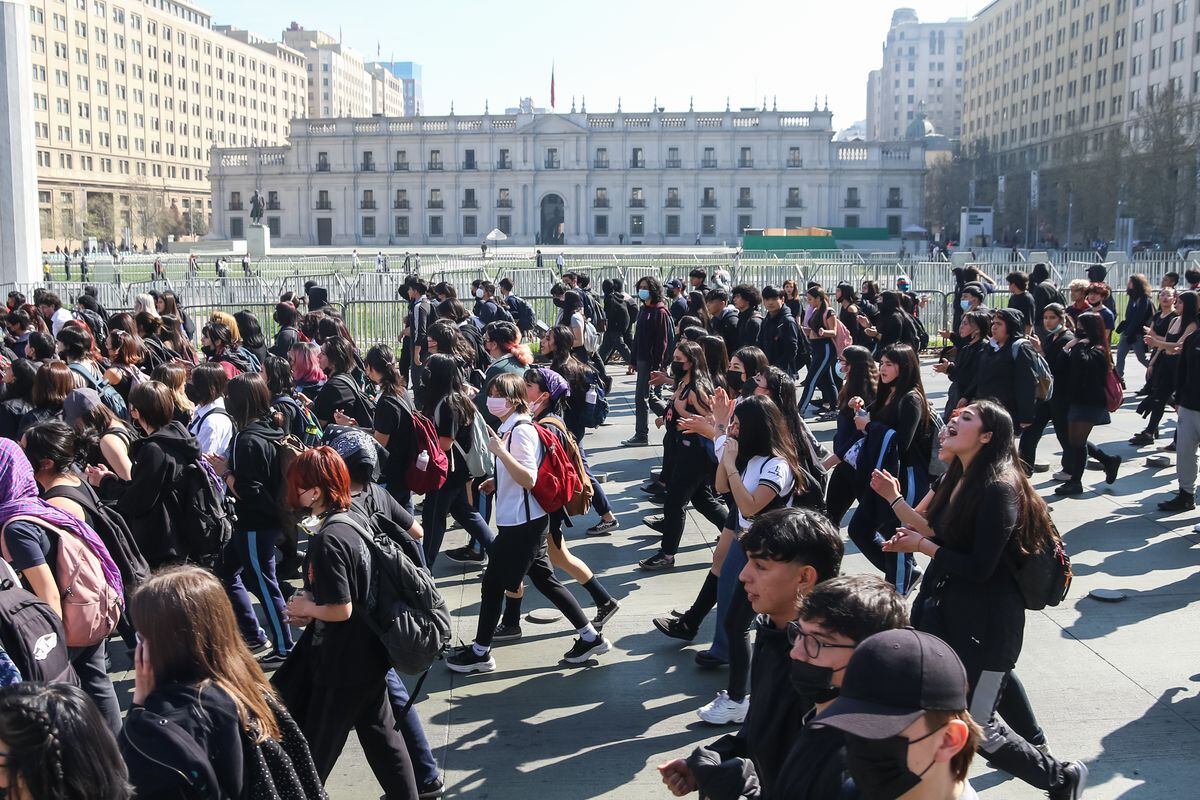
/cloudfront-eu-central-1.images.arcpublishing.com/prisa/DAXPXX7XEC2R2VNNOX5XEX4T2U.jpg)
